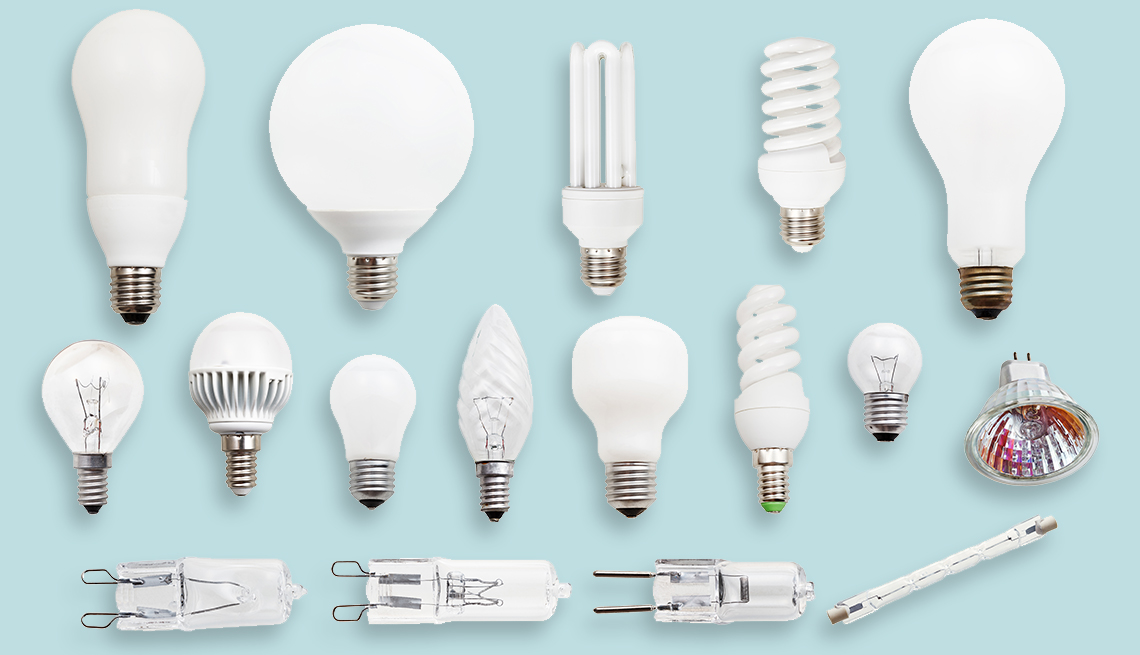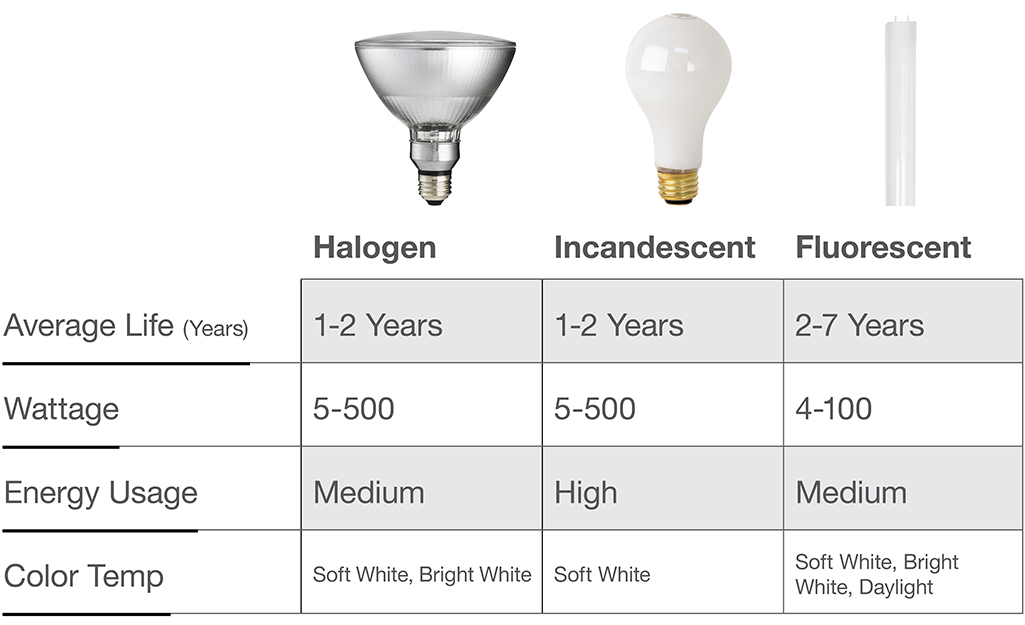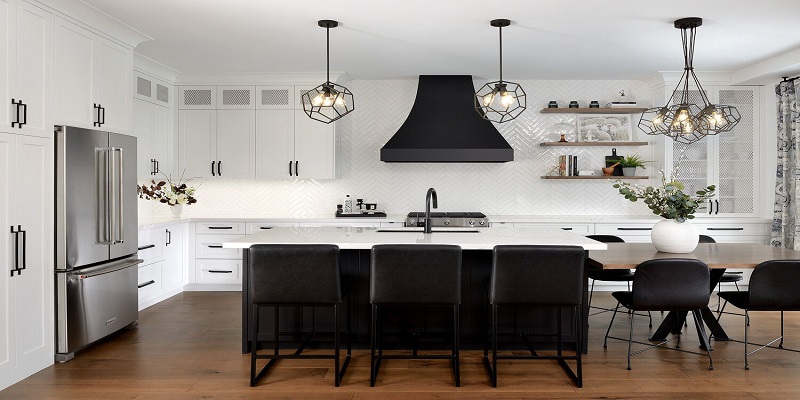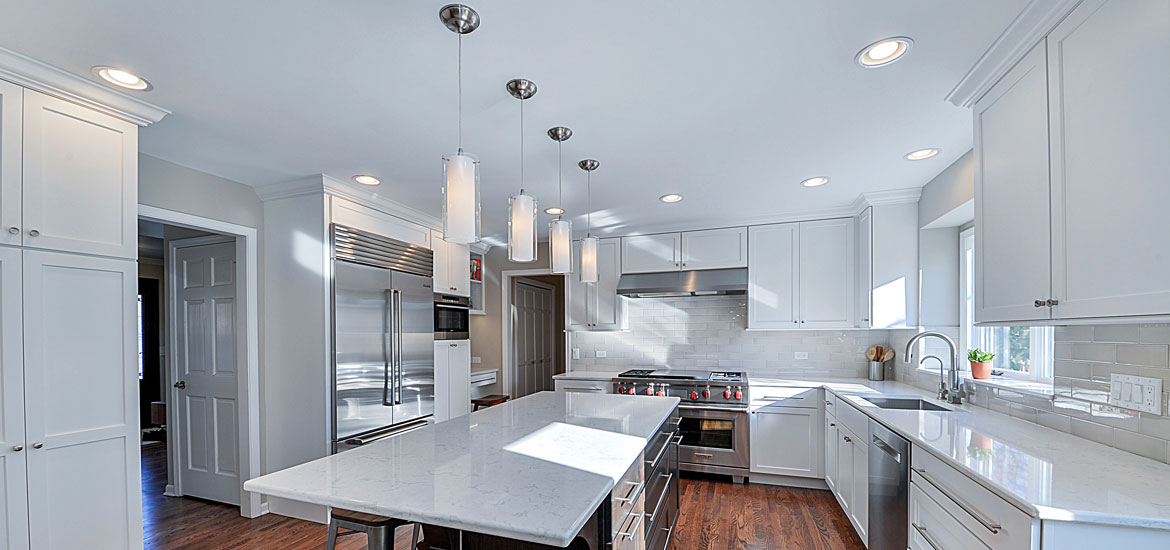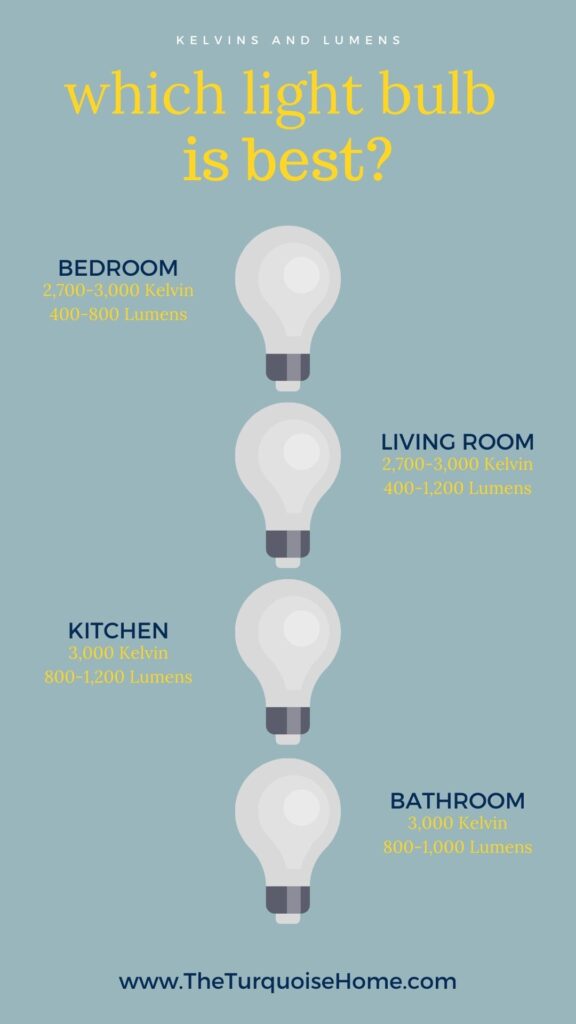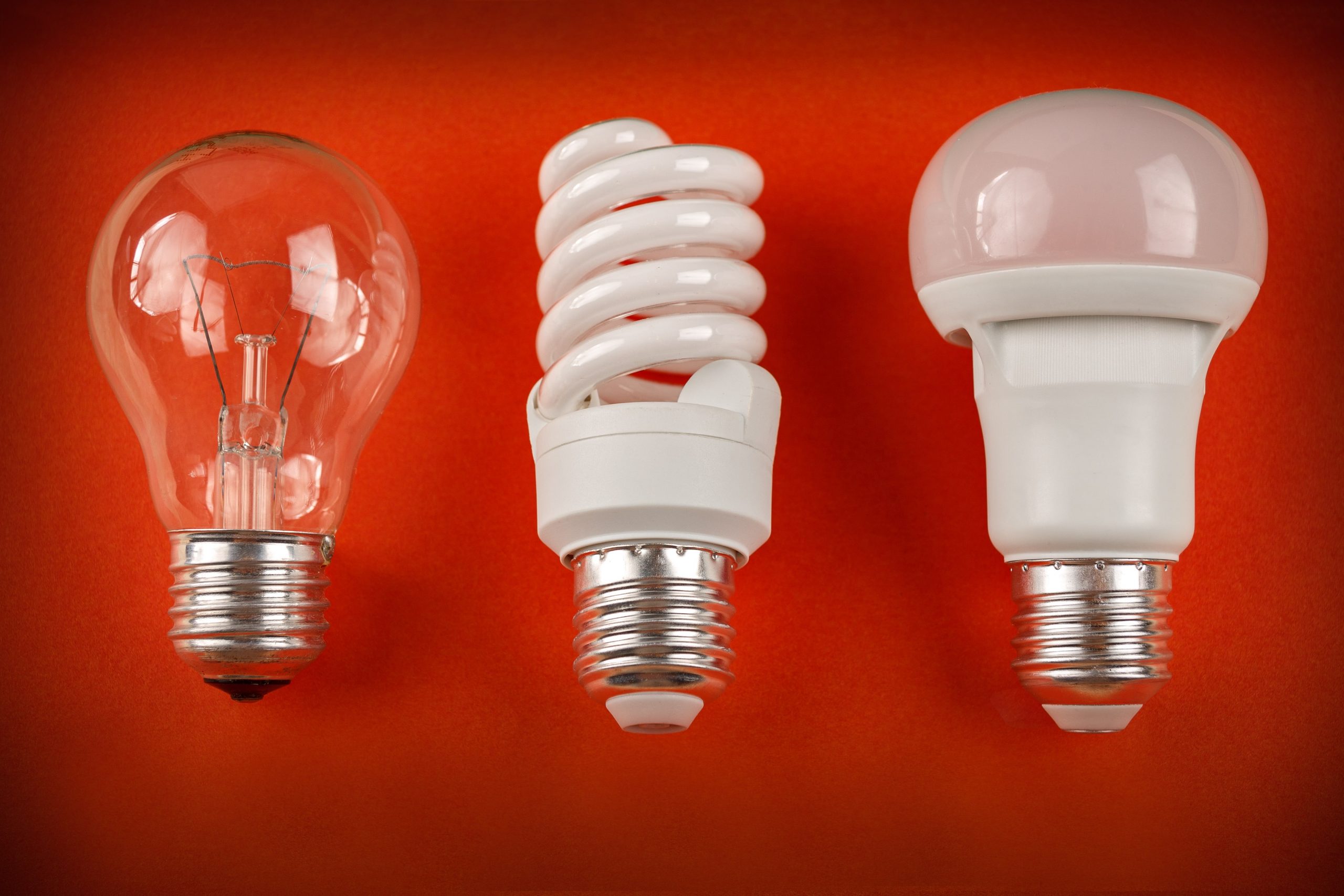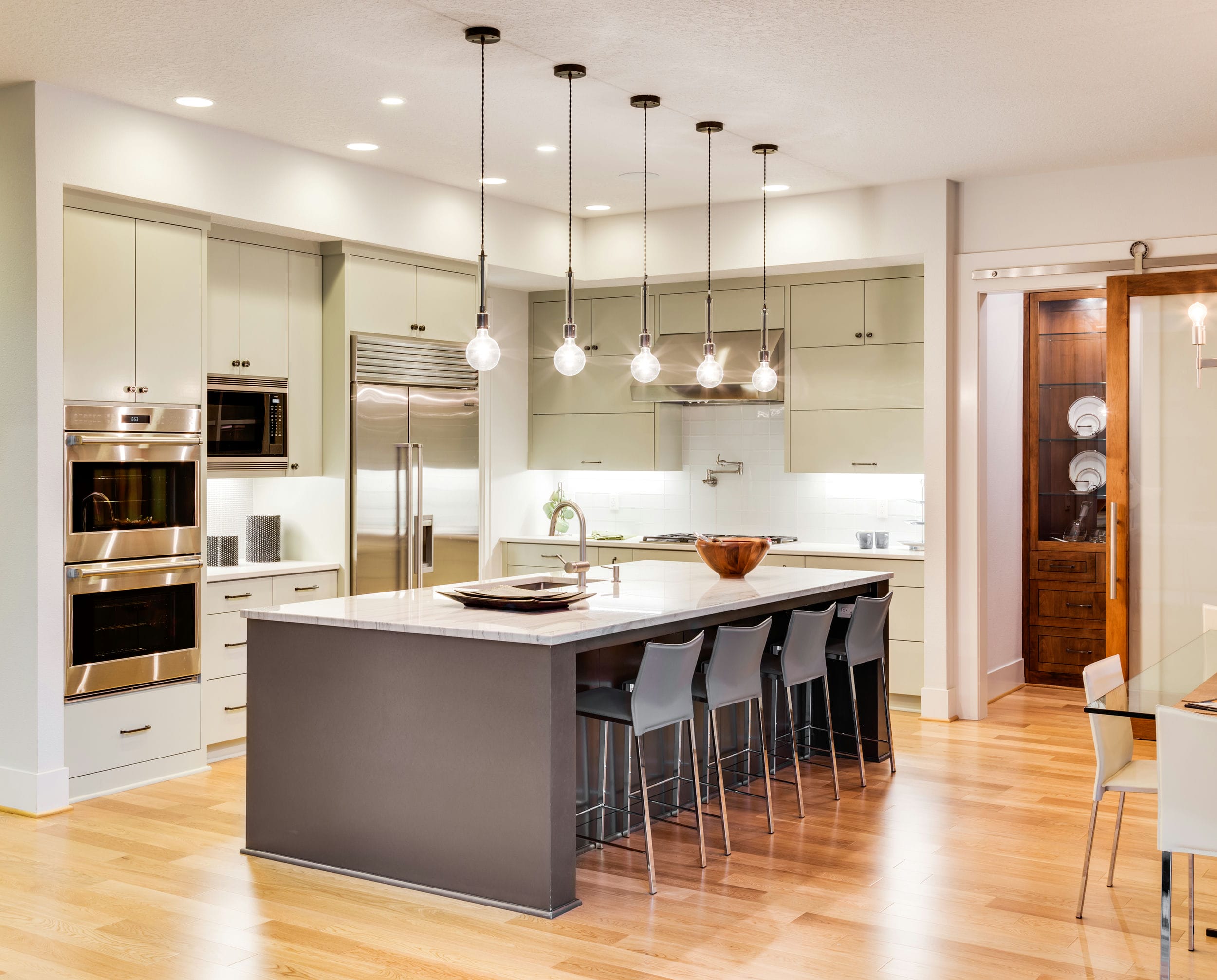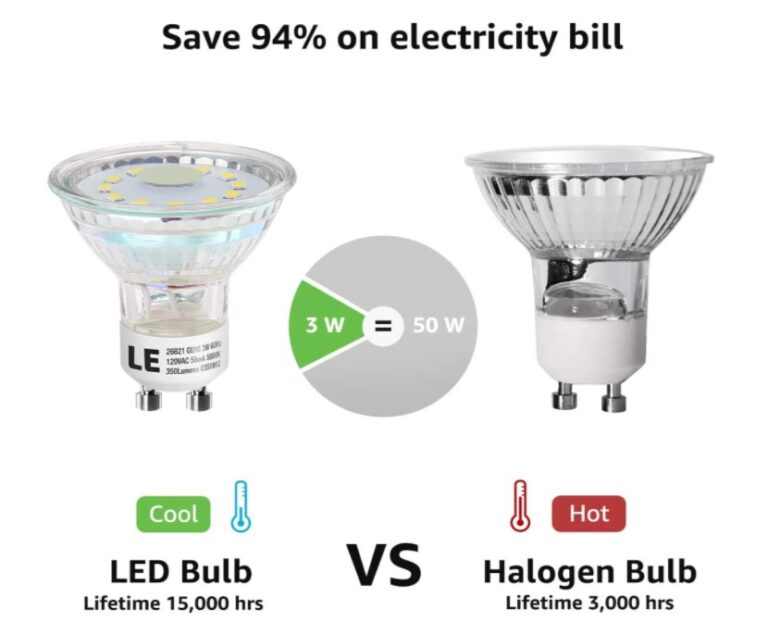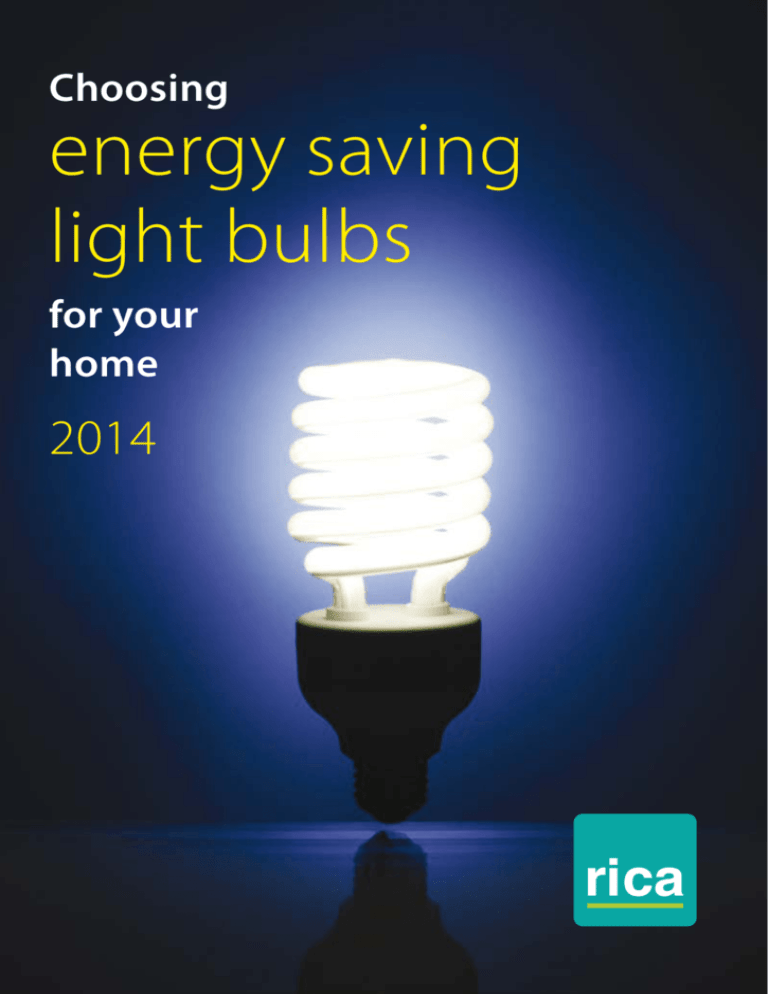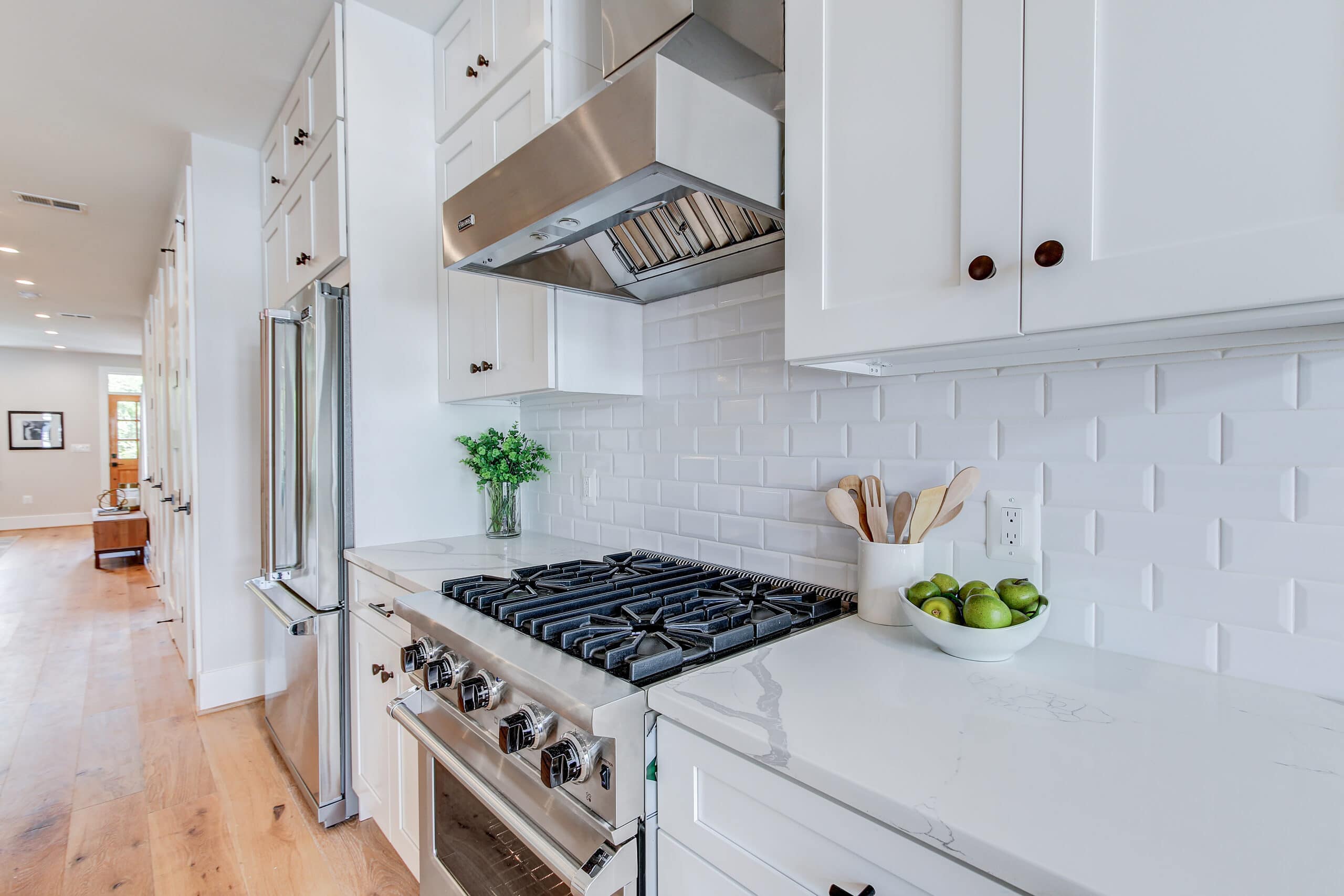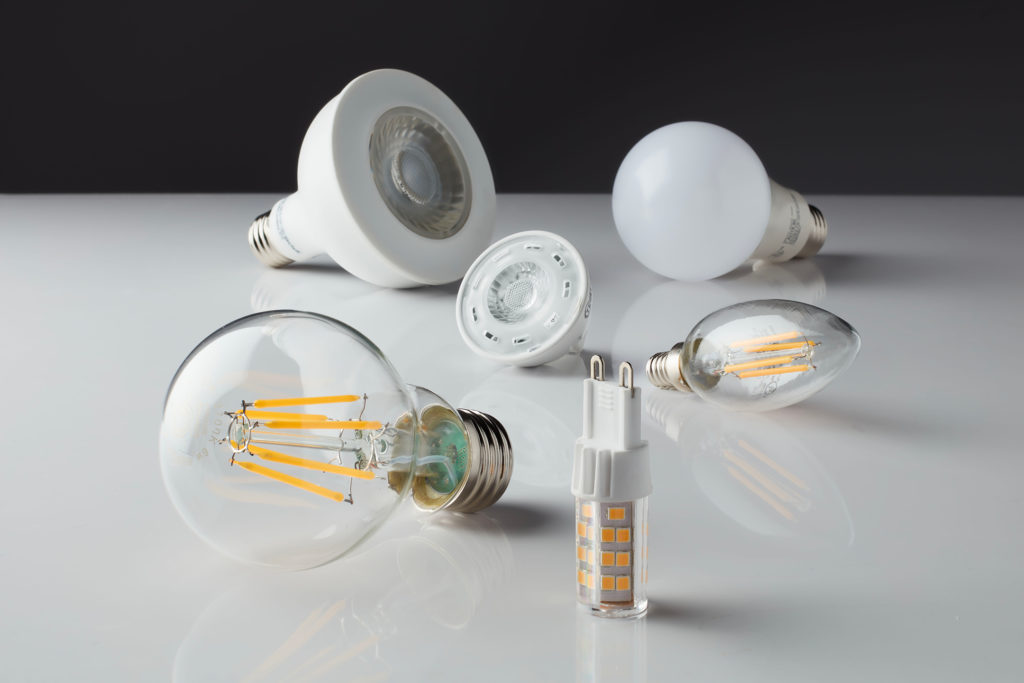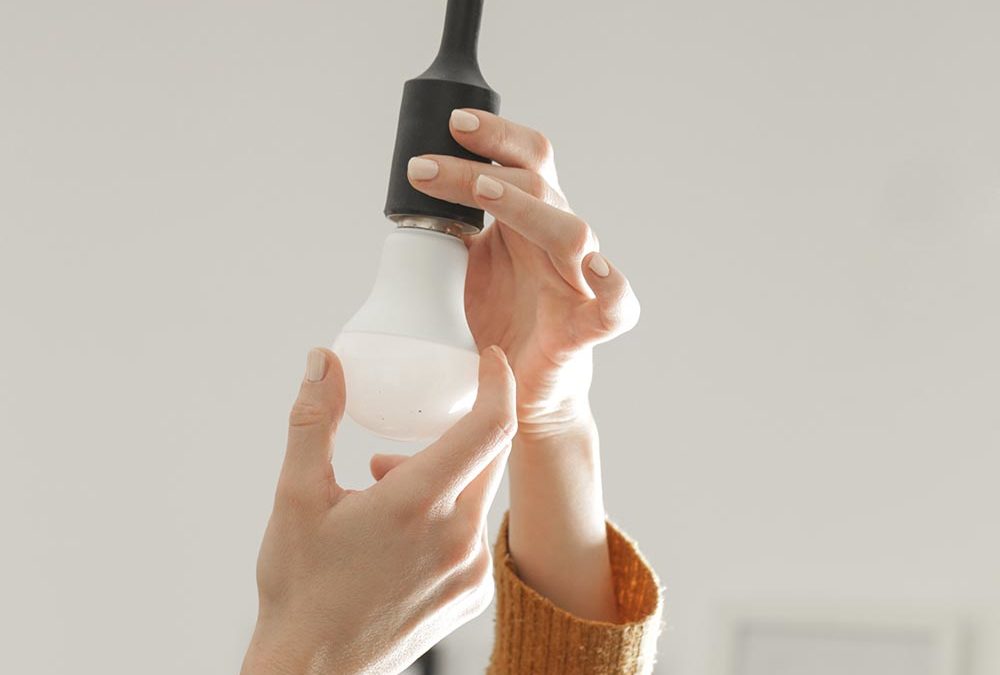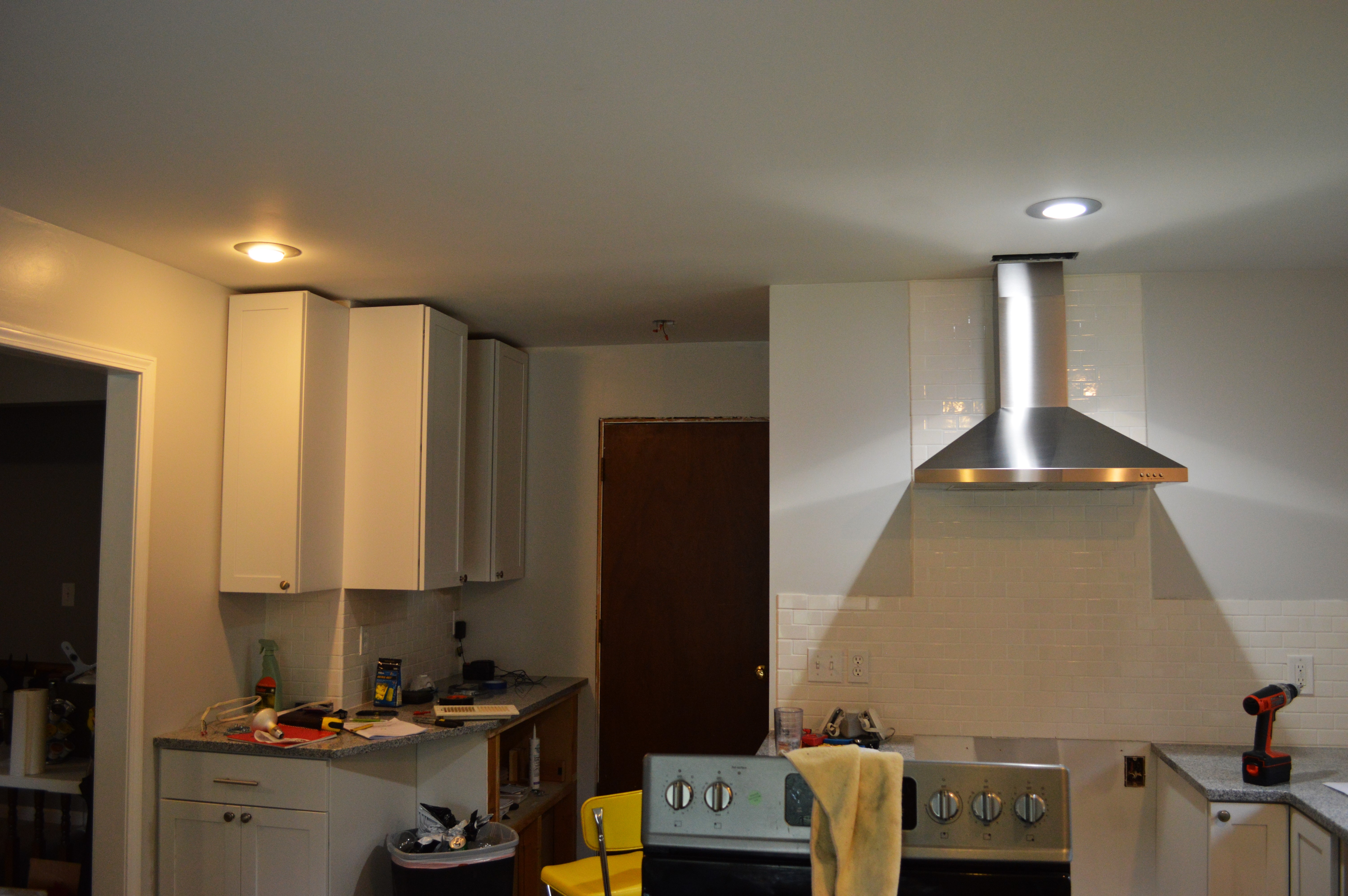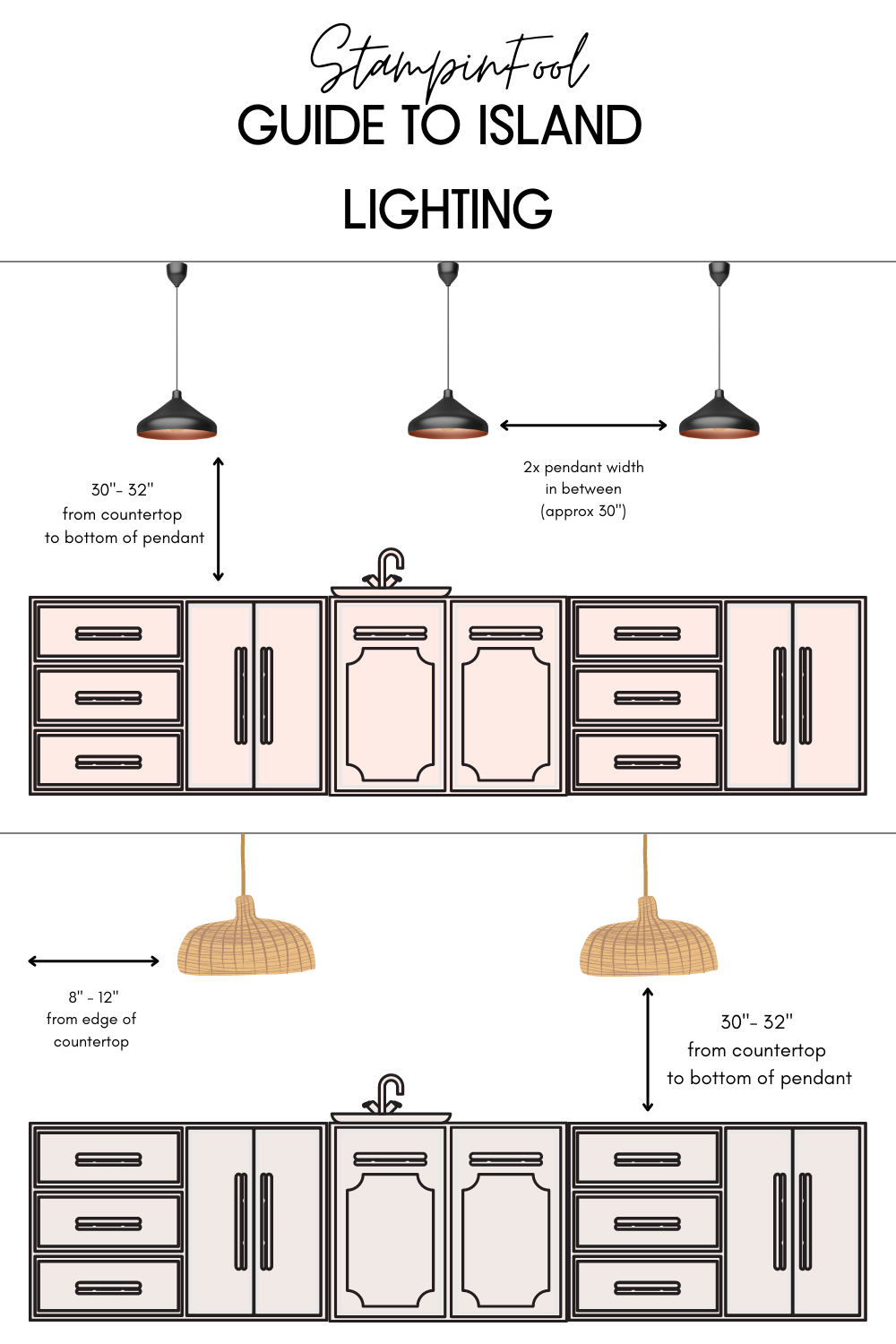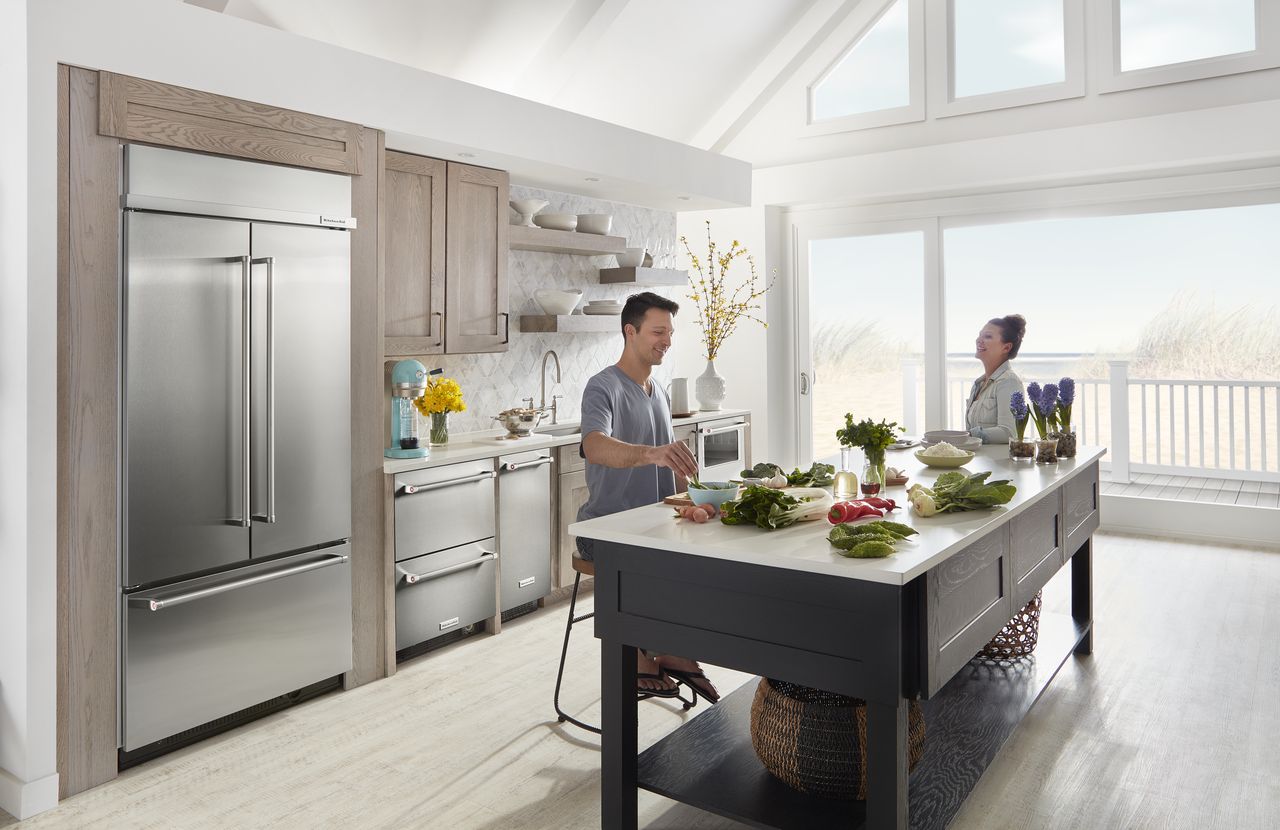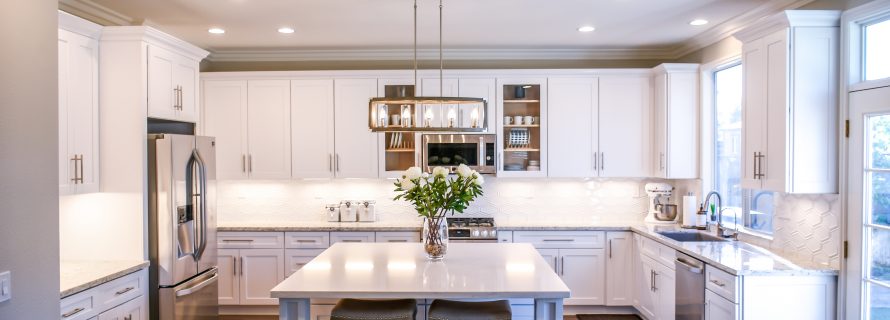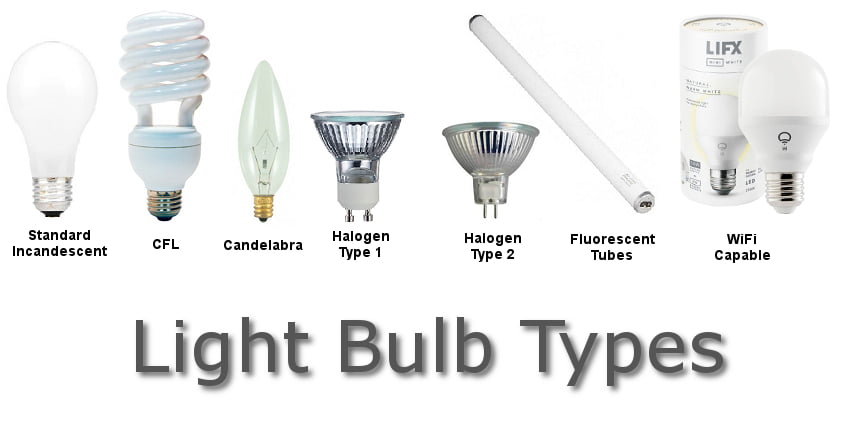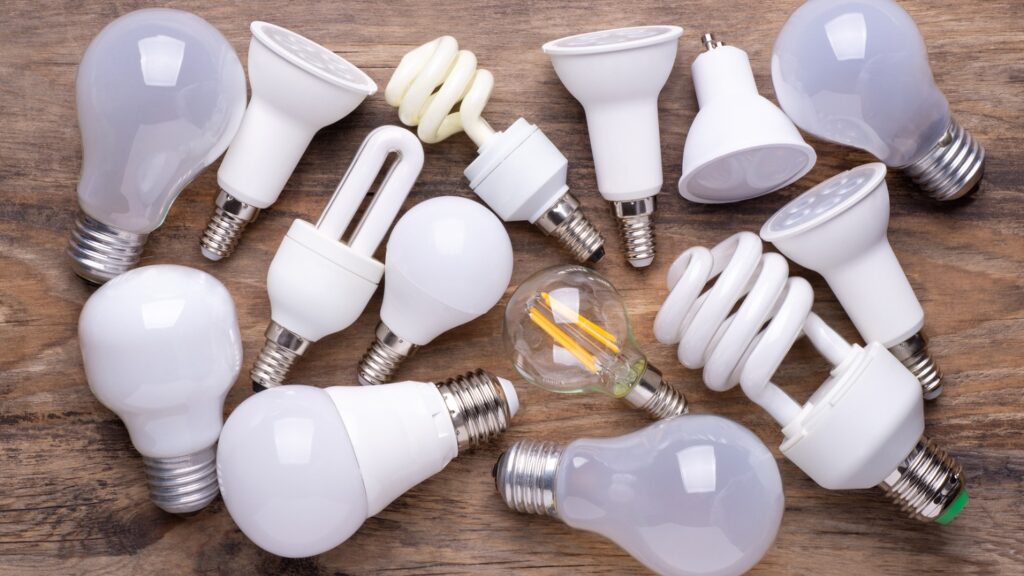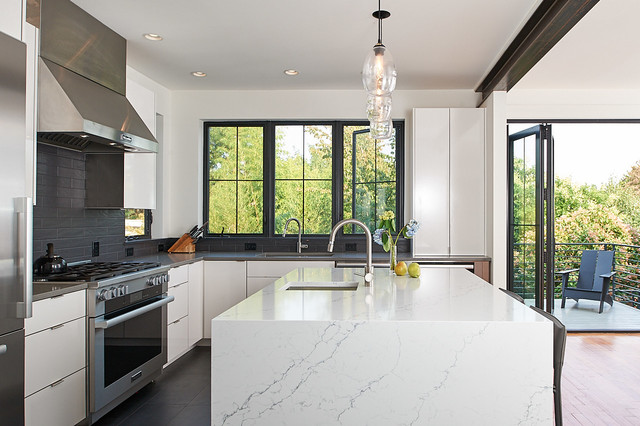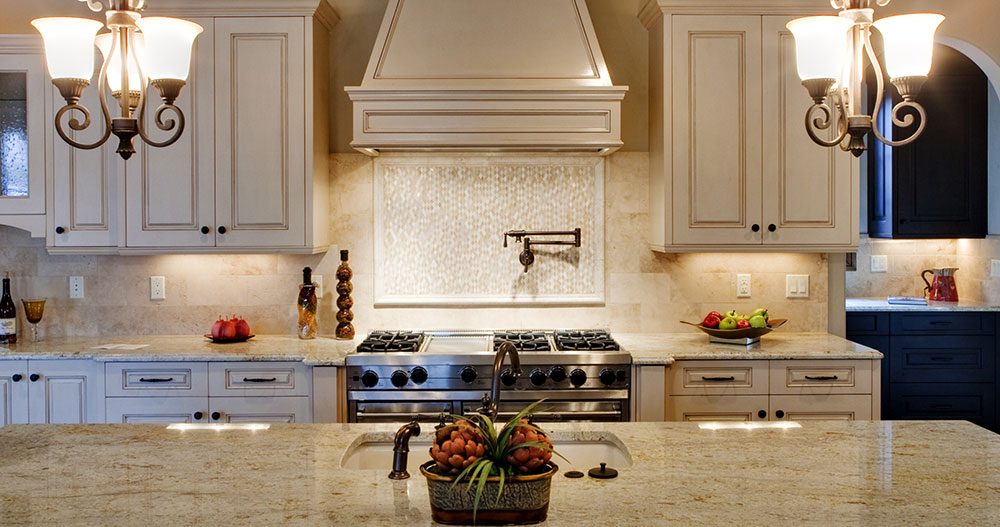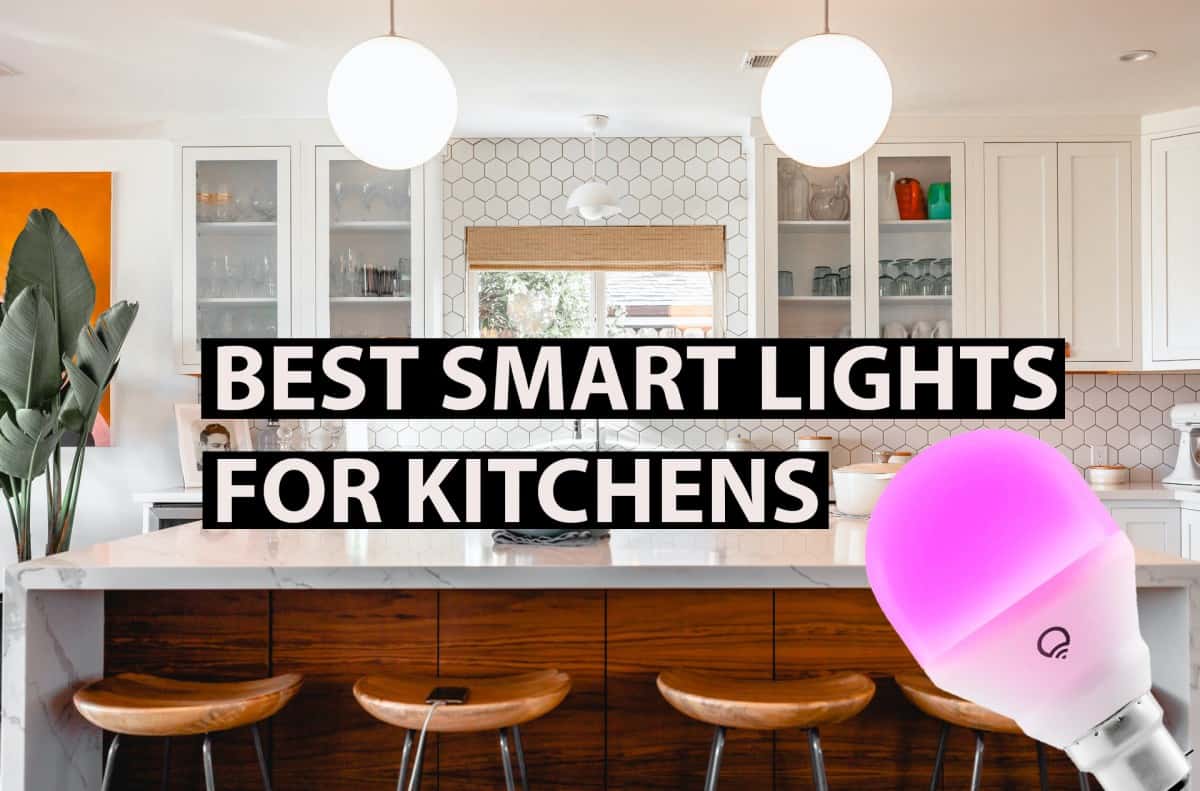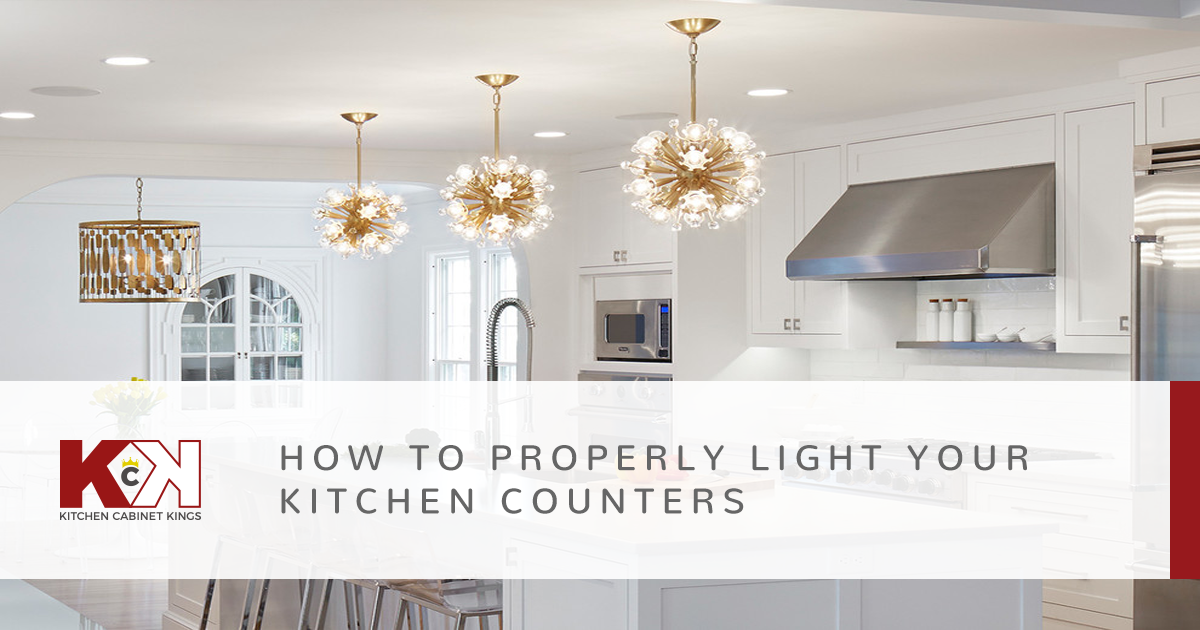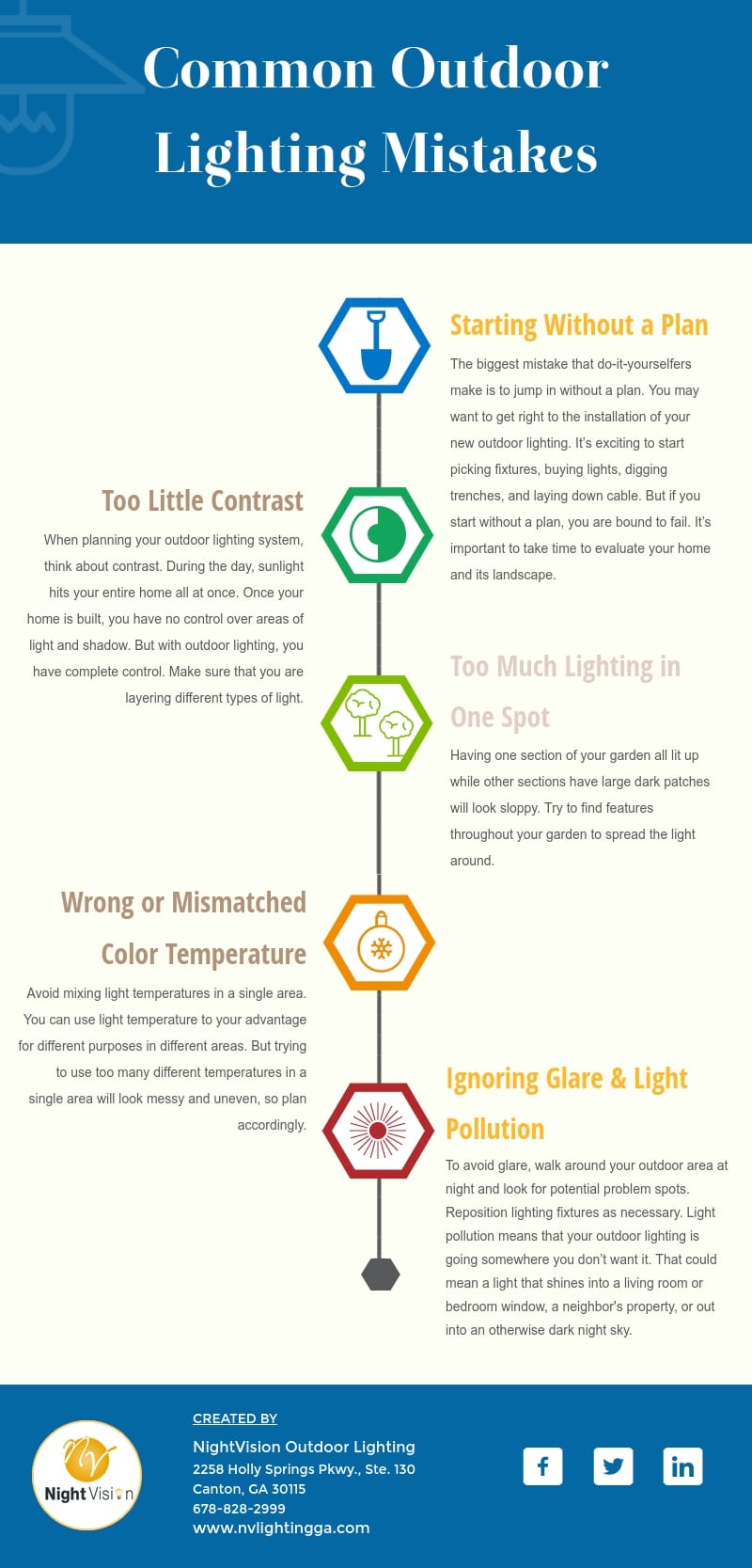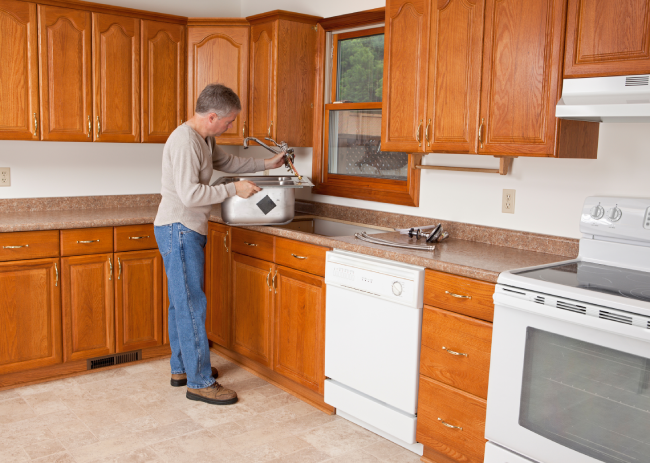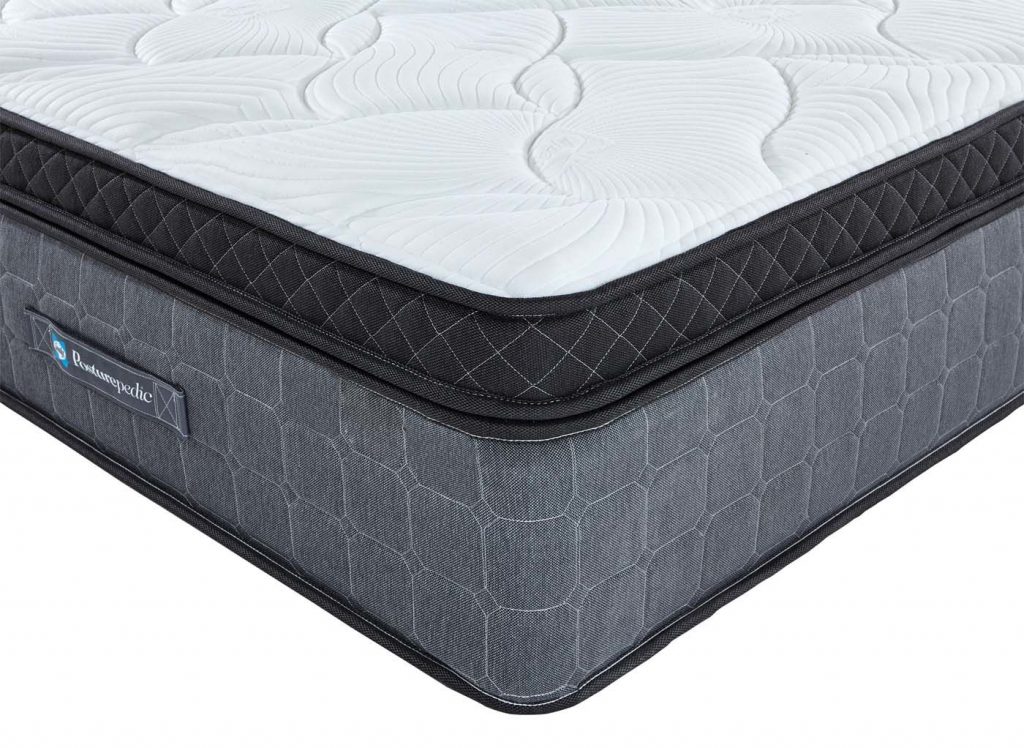When it comes to lighting your kitchen, the type of light bulbs you choose can have a big impact on the overall ambiance and functionality of the space. With so many options available, it can be overwhelming to make the right decision. But don't worry, we've got you covered with our top 10 kitchen light bulb advice.How to Choose the Right Kitchen Light Bulb
Before you start browsing through the aisles of your local hardware store, there are a few things you should consider when choosing the right light bulbs for your kitchen. First, think about the purpose of each light fixture in your kitchen and the type of lighting you need. Are you looking for bright task lighting for food preparation or more ambient lighting for a cozy dinner? Keep this in mind as you read through our top tips.How to Choose the Best Light Bulbs for Your Kitchen
Tip #1: Consider the color temperature of the bulbs. The color temperature, measured in Kelvin (K), determines the warmth or coolness of the light. For a warm and inviting kitchen, look for bulbs with a lower color temperature (2700K-3000K). For a brighter and more energizing atmosphere, opt for bulbs with a higher color temperature (3500K-4100K). Tip #2: Look for LED bulbs. Not only are LED bulbs energy-efficient, but they also have a longer lifespan compared to traditional incandescent bulbs. They also come in a variety of color temperatures, so you can easily find the perfect fit for your kitchen. Tip #3: Consider the wattage. Depending on the size of your kitchen and the brightness you desire, you may need to adjust the wattage of your bulbs. For general lighting, aim for 100-150 watts per 50 square feet. Tip #4: Choose the right bulb shape. Bulbs come in various shapes, such as A-shape, globe, and candle. Consider the shape of your light fixture and the look you want to achieve when choosing the right bulb shape. Tip #5: Don't forget about dimmable bulbs. Dimmable bulbs allow you to adjust the brightness of your lighting, making them perfect for creating ambiance in your kitchen for different occasions.Top Tips for Choosing the Perfect Kitchen Light Bulbs
Now that you have some tips under your belt, let's dive deeper into the world of kitchen light bulbs. Here are some additional factors to keep in mind when making your decision: - Lumens: Lumens measure the brightness of a bulb. The higher the lumens, the brighter the light. - Color Rendering Index (CRI): CRI measures how accurately a light bulb shows colors. For a more natural look, choose bulbs with a CRI of 80 or higher. - Energy Efficiency: As mentioned earlier, LED bulbs are the most energy-efficient option. Look for bulbs with the ENERGY STAR label for even more savings on your energy bill.The Ultimate Guide to Kitchen Light Bulbs
If you're still unsure about which light bulbs to choose for your kitchen, don't be afraid to seek advice from lighting experts. They can guide you in finding the perfect bulbs for your specific needs and preferences. You can also consult with an interior designer for help with creating the right lighting design for your kitchen.Expert Advice on Selecting Kitchen Light Bulbs
To sum it up, here are the top 5 things you should consider when buying kitchen light bulbs: 1. Purpose of lighting 2. Color temperature 3. Wattage 4. Bulb shape 5. Additional factors such as lumens, CRI, and energy efficiency5 Things to Consider When Buying Kitchen Light Bulbs
Now that you have all the information you need, let's take a look at some of the best types of light bulbs for your kitchen: - LED bulbs - Halogen bulbs - Compact Fluorescent Lamps (CFLs) - Incandescent bulbs - Xenon bulbs - Smart bulbsThe Best Types of Light Bulbs for Your Kitchen
Now that you have chosen the perfect kitchen light bulbs, it's time to properly light your kitchen. Here are some tips to help you achieve the best lighting in your space: - Use a combination of different types of light bulbs for different areas of your kitchen. - Place task lighting, such as under-cabinet lights, in areas where you need extra brightness for food preparation. - Install dimmer switches for mood lighting. - Don't be afraid to get creative with lighting fixtures, such as pendant lights or chandeliers, to add style to your kitchen.How to Properly Light Your Kitchen with Bulbs
Before you head to the store to purchase your kitchen light bulbs, here are some dos and don'ts to keep in mind: Do: - Consider the purpose and function of each light fixture in your kitchen. - Experiment with different color temperatures and bulb shapes to find the perfect fit for your space. - Seek advice from experts if you're unsure about which bulbs to choose. Don't: - Forget to consider the wattage and brightness needed for each area in your kitchen. - Overlook the importance of energy efficiency and cost-savings. - Be afraid to get creative and have fun with your lighting design.The Dos and Don'ts of Choosing Kitchen Light Bulbs
Finally, here are some common mistakes to avoid when buying kitchen light bulbs: - Not considering the purpose and function of each light fixture. - Choosing the wrong color temperature for the desired ambiance. - Not adjusting the wattage for the size of your kitchen. - Skipping out on energy-efficient options and ending up with high energy bills. With these tips and advice, you're now equipped to make the best decision when it comes to choosing the right kitchen light bulbs for your space. Happy shopping and lighting! Common Mistakes to Avoid When Buying Kitchen Light Bulbs
How to Choose the Right Kitchen Light Bulbs for Your Home

Lighting plays a crucial role in house design. It can completely transform the look and feel of a space, creating the perfect ambiance and enhancing the overall aesthetic. When it comes to kitchen design, lighting is especially important as it not only sets the mood but also affects functionality. Choosing the right kitchen light bulbs can make a significant difference in how your kitchen looks and functions. Here are some tips to help you make the best choice.
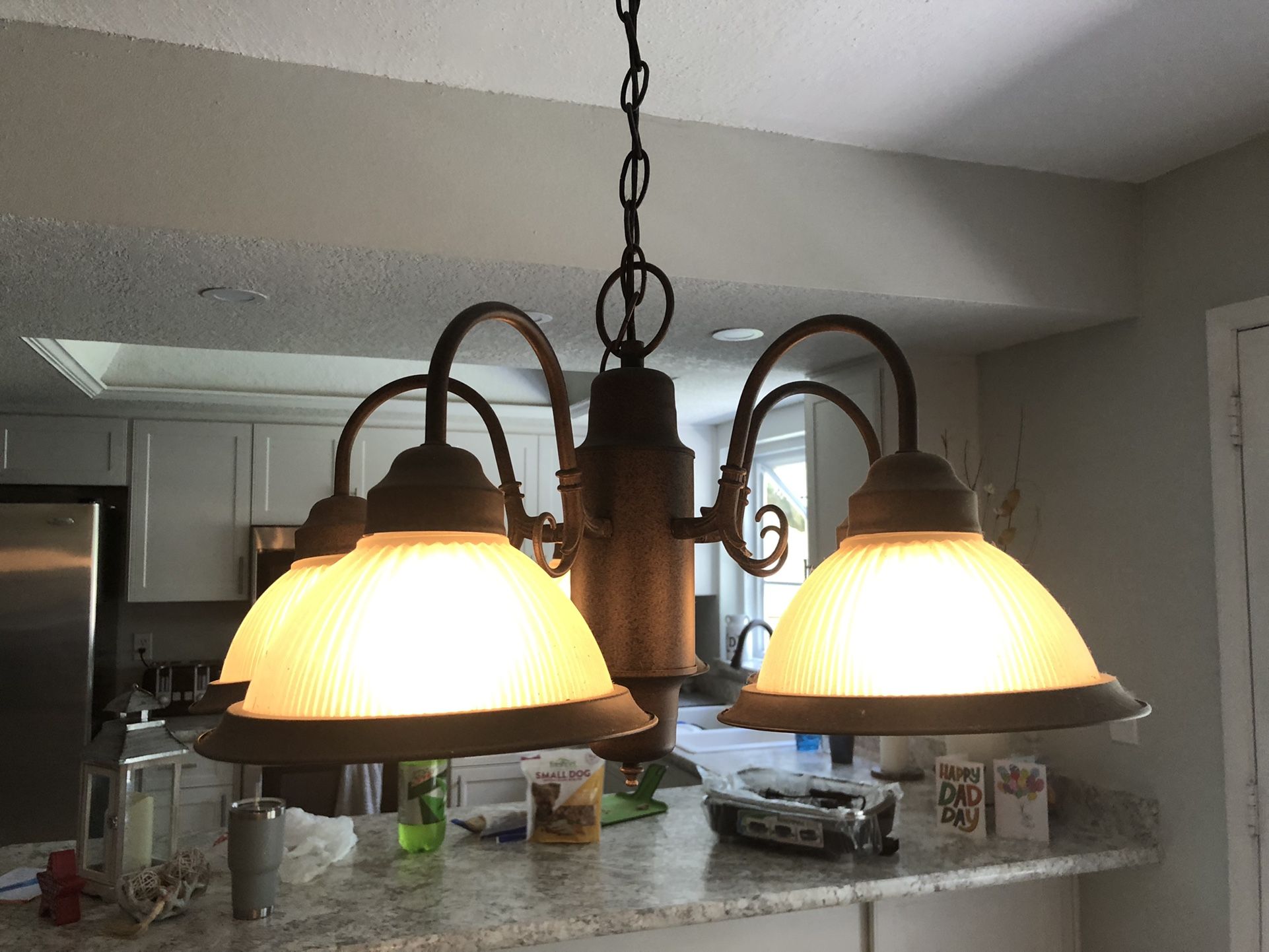
First and foremost, it is essential to consider the color temperature of the light bulbs you choose for your kitchen. Color temperature is measured in Kelvins (K) and refers to the warmth or coolness of the light emitted. For kitchens, it is generally recommended to use cool white or daylight bulbs with a color temperature of 3500K-5000K. These bulbs provide a bright, crisp light that is ideal for food preparation and cooking. They also give the space a clean and modern feel.
Another important factor to consider is the lumens of the light bulbs. Lumens measure the brightness of a bulb, and the amount you need will depend on the size and layout of your kitchen. As a general rule, it is recommended to use 100 lumens per square foot of kitchen space. For example, if your kitchen is 100 square feet, you will need light bulbs with a total of 10,000 lumens.
When selecting kitchen light bulbs, it is also crucial to keep in mind the energy efficiency of the bulbs. LED bulbs are the most energy-efficient option, using significantly less energy and lasting much longer than traditional incandescent bulbs. Although they may be more expensive upfront, they will save you money in the long run with lower energy bills and less frequent replacements.
Lastly, it is important to consider the color rendering index (CRI) of the light bulbs. CRI measures how accurately the light source shows colors compared to natural sunlight. For kitchens, it is recommended to use bulbs with a CRI of 80 or above to ensure that the colors of your food and kitchen decor are accurately represented.
In conclusion, choosing the right kitchen light bulbs is crucial for both the look and functionality of your kitchen. Consider factors such as color temperature, lumens, energy efficiency, and CRI to make an informed decision. With the right light bulbs, you can create a beautiful and functional kitchen that you will love spending time in.





